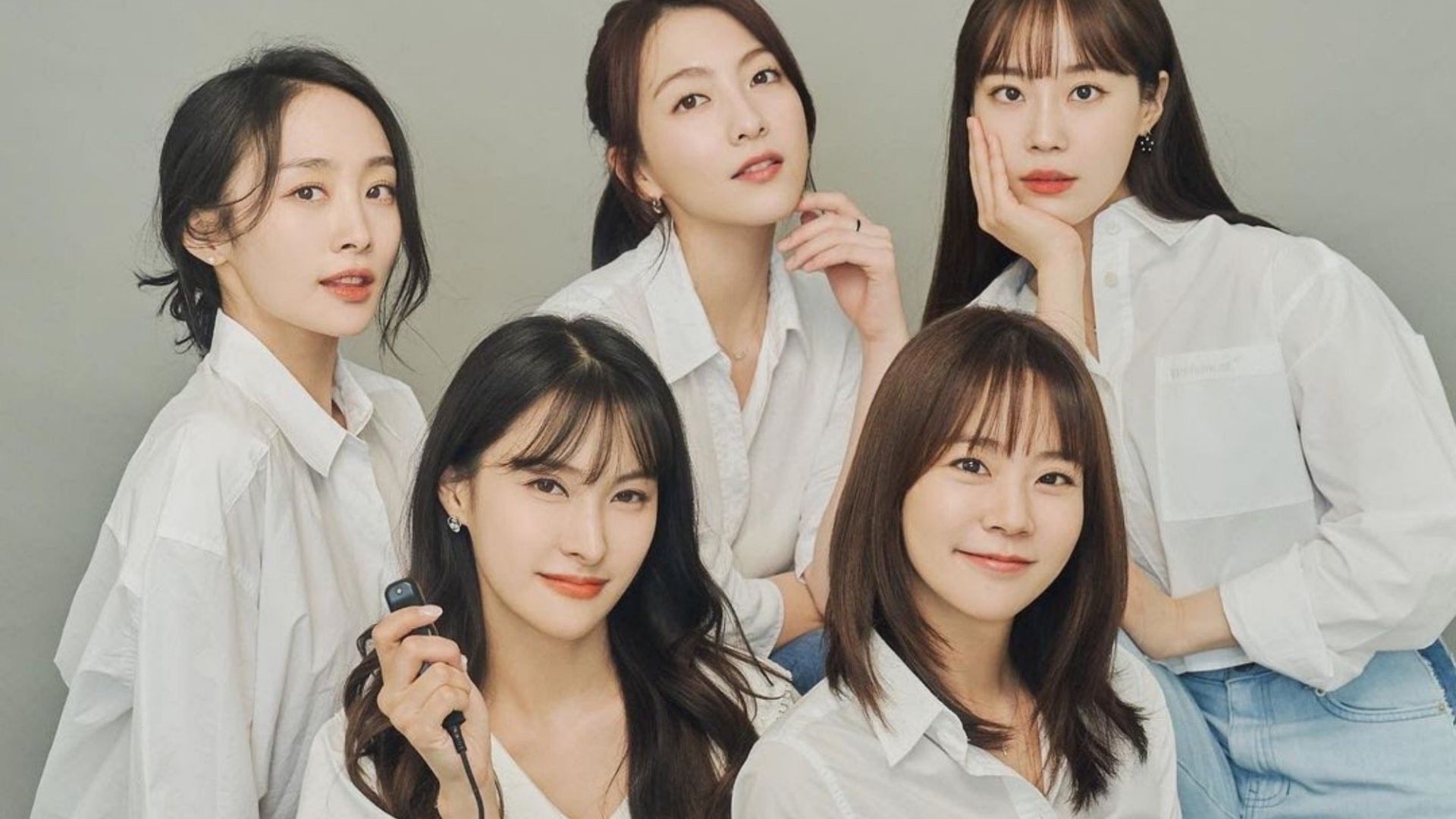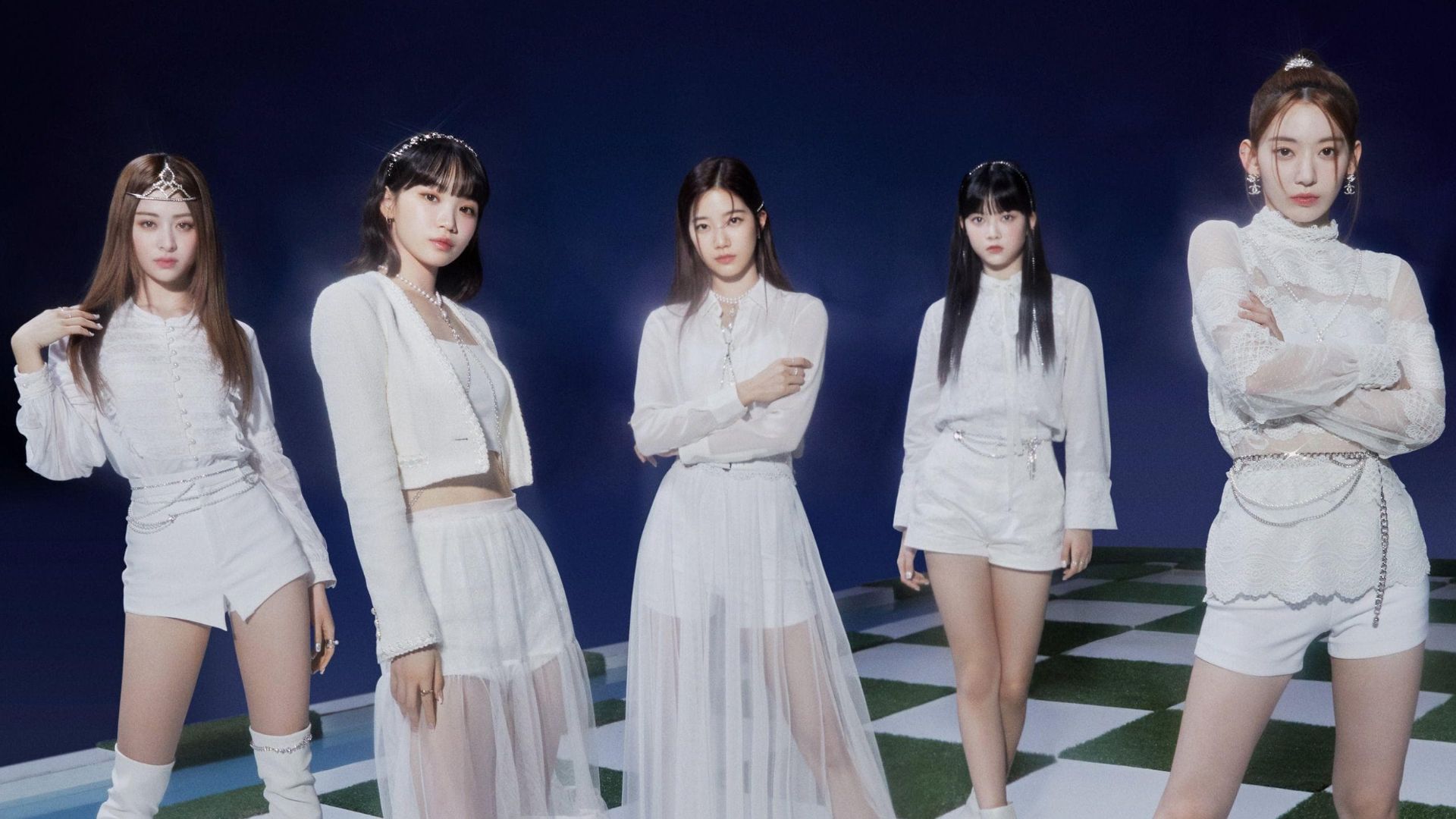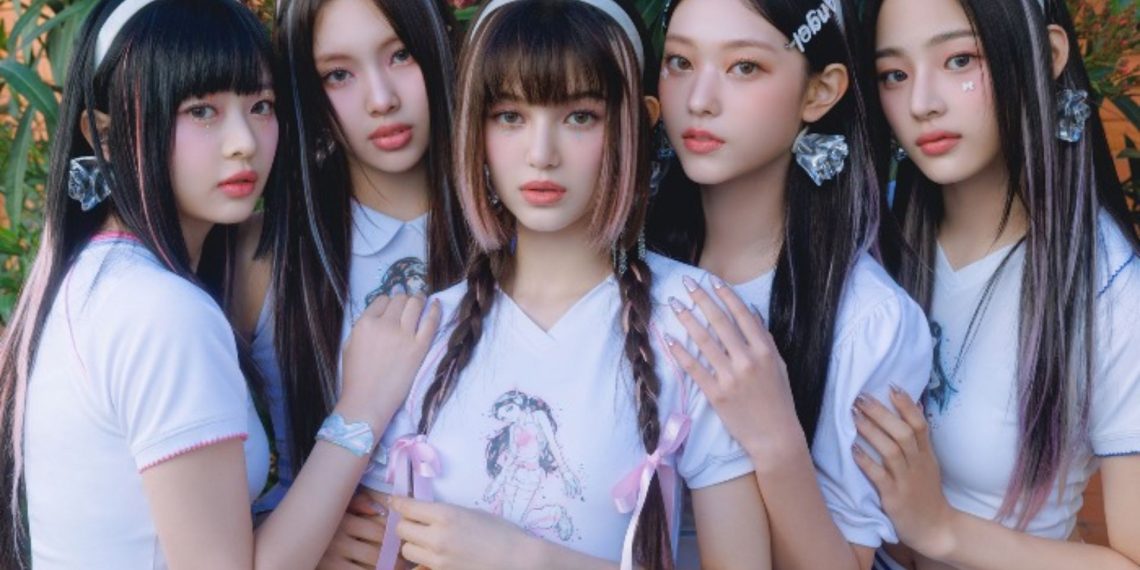The global popularity of K-pop continues to grow, entertauining millions of fans worldwide with its catchy songs, stunning visuals, and talented performers. However, behind the glitz and glamour of the K-pop industry lies a growing controversy about how female artists are treated. This issue has sparked heated debates among fans, critics, and industry insiders.
One of the main concerns raised is the strict control over female idols’ personal lives. Many agencies enforce rigorous contracts that dictate everything from their appearance to their behavior, leaving little room for personal freedom. Female idols are often expected to maintain a certain image, which can include strict diets, perfect skin, and a carefully curated persona. These expectations put immense pressure on them, sometimes leading to health issues like exhaustion and eating disorders.
Another issue is the double standards faced by female idols compared to their male counterparts. For example, female artists are frequently judged more harshly for their appearances, dating lives, and performances. While male idols often receive praise for their talent and charisma, female idols are sometimes criticized unfairly, even for minor mistakes or perceived flaws.

The industry’s demanding schedules also take a toll on female artists. Training to become an idol can take years, involving long hours of singing, dancing, and even language lessons. Once they debut, the grueling pace continues with constant promotions, world tours, and fan events. Female idols, in particular, face additional pressures to always appear cheerful and approachable, even when they are struggling privately.
The objectification of female idols is another significant concern. Many are marketed in ways that emphasize their looks over their talent, often catering to male audiences. This can lead to uncomfortable situations, such as overly revealing outfits or suggestive photo shoots. Critics argue that this focus on appearance devalues their skills and reduces them to mere products rather than respected artists.
Despite these challenges, many female idols have started speaking out about the pressures they face. Groups like Mamamoo, BLACKPINK, and solo artists like IU have used their platforms to advocate for self-love, mental health awareness, and better treatment within the industry. Fans, too, are becoming more vocal, calling out agencies and demanding change.

Some industry professionals have acknowledged the need for reform, with a few companies introducing policies aimed at protecting their artists’ well-being. However, these changes are still in the early stages, and there is much work to be done to ensure a healthier and fairer environment for female idols.
The heated debate about the treatment of female K-pop artists highlights the need for ongoing conversations about fairness, equality, and respect in the entertainment industry. As fans and artists continue to raise awareness, there is hope that the K-pop industry will evolve to become a more supportive and inclusive space for everyone.





